Living with Lung Cancer
 Lung cancer is the leading cause of cancer death among American men and women. Yet, thousands of people are surviving lung cancer thanks to early detection and effective treatments. When lung cancer is diagnosed and treated early, survival rates can increase to about 80 percent for localized, stage I cancers.
Lung cancer is the leading cause of cancer death among American men and women. Yet, thousands of people are surviving lung cancer thanks to early detection and effective treatments. When lung cancer is diagnosed and treated early, survival rates can increase to about 80 percent for localized, stage I cancers.
Living with lung cancer can impact your daily life. The more you know about lung cancer, the better you will be able to manage your disease. Use the resources on the pages below to improve your quality of life through exercise, nutrition, smoking cessation, managing pain and shortness of breath, and getting recommended vaccinations. It can also be beneficial to join a lung cancer support group to talk with others who have the same health issues, and to receive educational information and other helpful resources.
Eat to Heal During Cancer Treatment
It's important to eat regular, nutrient rich and well-balanced meals during cancer treatment.
Everyone will have their own calorie requirements. What's most important is that you eat enough calories to maintain your weight.
Weight loss even if you carry extra weight is not recommended during treatment.
Protein is important during cancer treatment. It strengthens your immune system, and helps repair your body. So, I recommend you anchor your meals with a good portion of chicken, fish or seafood or turkey. It might be something like a 4-ounce portion, which is the size of my hand in size and thickness to go with all of your main meals.
Vegetables are also important. Think of a lot of color and variety. I usually recommend large portions, two handfuls of vegetables with your main meals.
All fruit is good, and I generally recommend eating fruit near the end of your meals, or if you're having it with a snack, add some protein there, it could be nuts or nut butters, so that you reduce your blood sugar spikes after you eat.
There are some foods you should consider avoiding or limiting during cancer treatment. Red meat is something that I would have you limit to about one or two small servings per week. And, if possible, I would have you avoid all processed meats.
We also want you to limit your sugary drinks and sweets. These are your very rapidly absorbed carbohydrates.
It's okay to indulge in some of those, but we'd have you do it near the end of the meal or after the meal so again, you reduce your blood sugar spike after you eat.
It's important to speak to your health care team about any herbs or supplements you might be taking, as well as any experimental diets that you might be trying because these might interact with your medications.
Develop a mindset that food is like medicine. You take it by the clock, on a schedule and you don't miss a dose. You have to eat with a purpose so that you do not waste away and get weak.
Lung Cancer Center
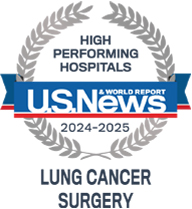 As the leading respiratory hospital in the nation, our team excels at managing lung cancer patients with other lung diseases such as emphysema and COPD. National Jewish Health also has been named a high-performing hospital for Lung Cancer Surgery by U.S. News & World Report. Learn more.
As the leading respiratory hospital in the nation, our team excels at managing lung cancer patients with other lung diseases such as emphysema and COPD. National Jewish Health also has been named a high-performing hospital for Lung Cancer Surgery by U.S. News & World Report. Learn more.
More Living with Lung Cancer Tips
![]() Thank you to the Hearst Foundations for its generosity in creating the Hearst Cancer Resource Center. National Jewish Health appreciates the Foundations’ long-time support.
Thank you to the Hearst Foundations for its generosity in creating the Hearst Cancer Resource Center. National Jewish Health appreciates the Foundations’ long-time support.

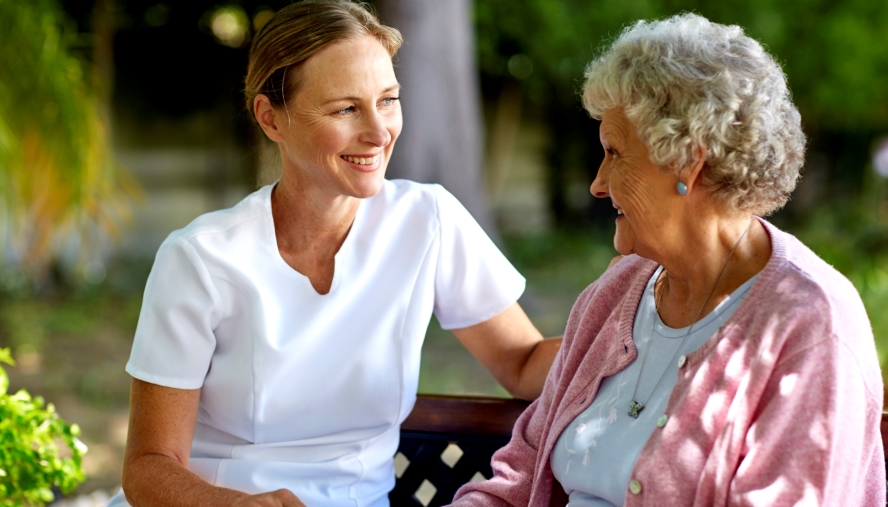
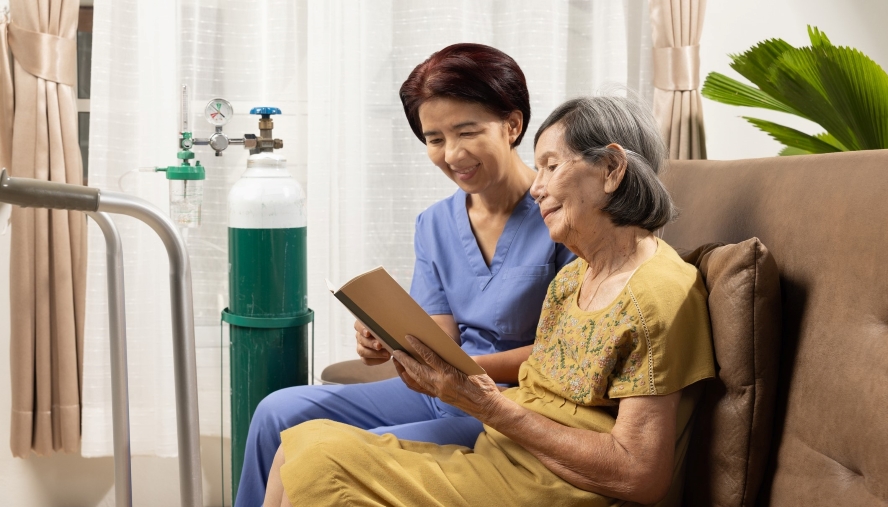
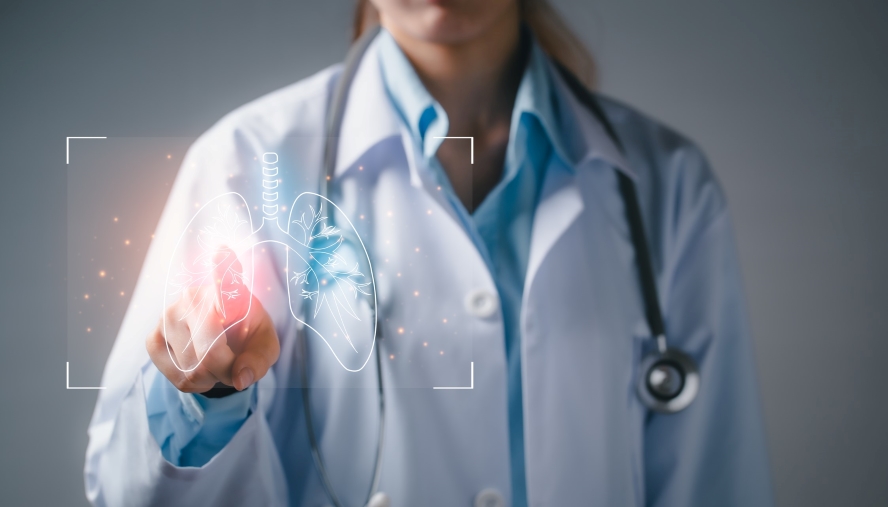

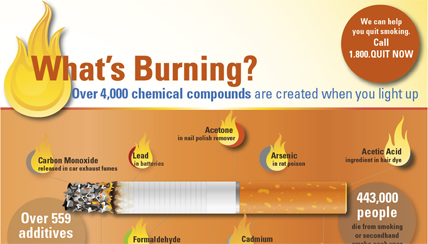





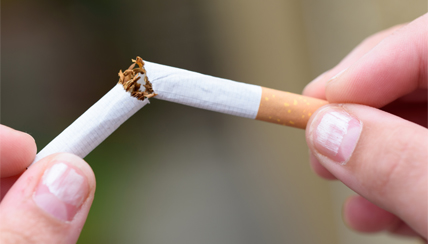




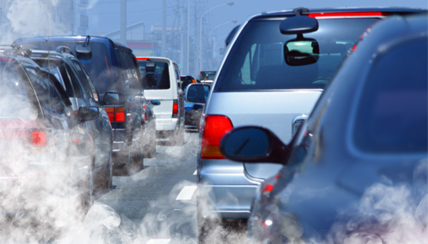
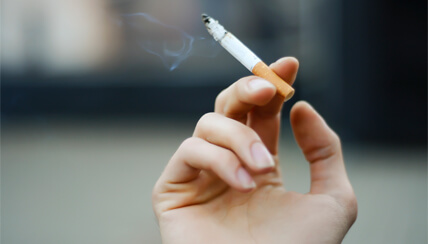
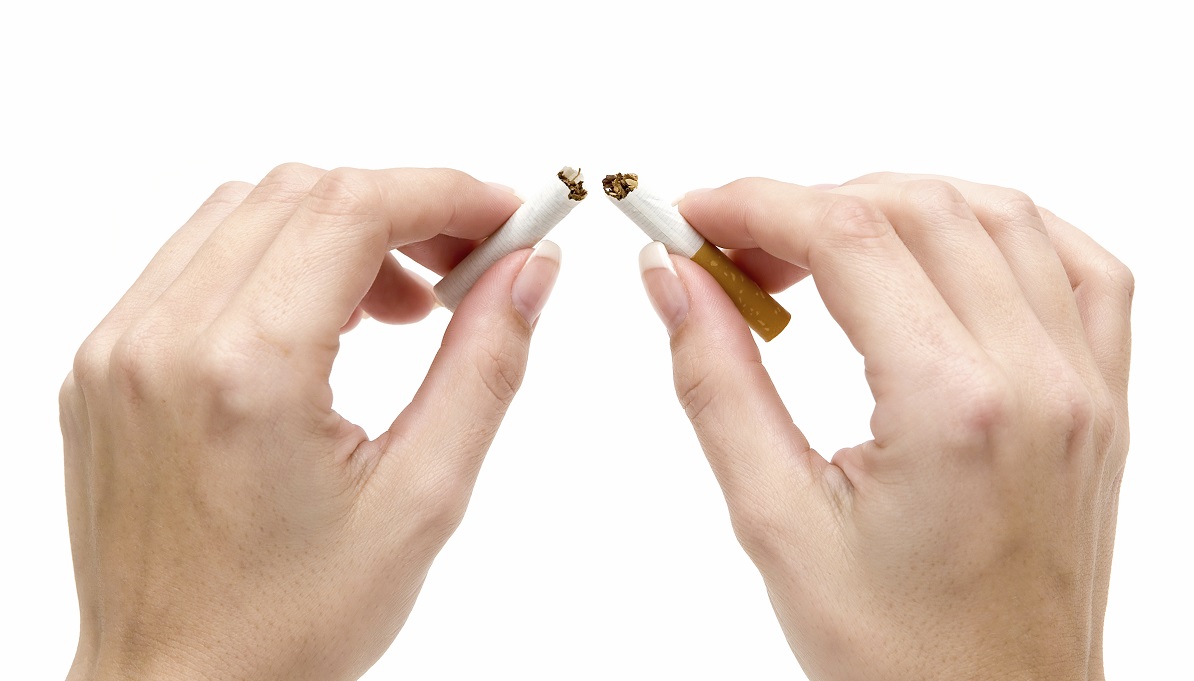
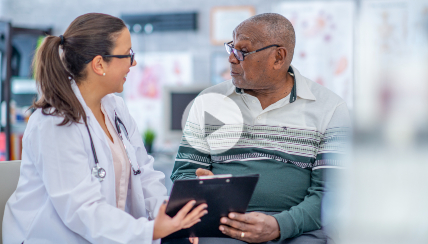
 You may also be interested in...
You may also be interested in...